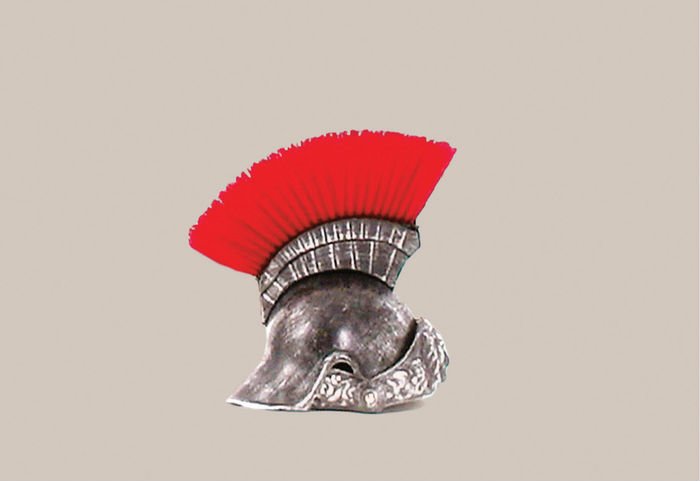In her brilliant and incisive review of Her, fellow TMTer/drinking buddy Lorian Long takes Spike Jonze to task for dressing up a technocratic nightmare as some kind of futuristic Annie Hall. While most critics and viewers (myself included) were taken in by the peculiar dilemma facing Joaquin Phoenix’s Theodore Twombly and his OS paramour voiced by Scarlett Johansson, Lorian saw beneath its surface “corridors of menacing and horrifying truths about our capitalistic ennui.” While we were busy rooting for Twombly and Samantha to make their relationship work, we were ignoring the unsettling implications that make such a relationship possible: total corporate control, total loss of privacy, and perhaps most frightening, the total complacency of everyone in the film in the face of these things. Where Jonze saw a love story, Lorian saw dystopia.
“The Temptation of Adam,” from singer-songwriter Josh Ritter’s fifth album The Historical Conquests of Josh Ritter, is a work that trades equally in the romantic and the dystopian. The most delicate cut off an otherwise raucous release, “Temptation” follows a soldier manning a secret nuclear missile silo who falls in love with his only companion, a maintenance staffer named Marie. The temporal setting of the song is ambiguous. There’s a quaintness to the language and imagery suggestive of the Cold War 1950s, but we could just as easily be glimpsing some near or far-flung future where America has once again helped drag the world to the the brink of nuclear annihilation.
The story starts, as is fitting for a romance, with the two lovers at odds with one another. Our narrator makes a boorish pass on their first meeting, which rankles Marie, who might be a bit of a cold fish. The turning point comes when Marie, working out a crossword, asks, “What five letters spell apocalypse?” and her companion shoots back “W-W-I-I-I.” There’s a romcom cadence to their banter, but underneath is something infinitely dark — a wry, grim acceptance of the threat of apocalyptic conflict that has become inseparable from our protagonists’ lives.
From there, time begins to distort. We don’t know how long our lovers spend locked in their isolated, connubial bliss, but we do know that it’s all drawing to an end. Marie is going away, either discharged or reassigned, and the narrator knows that when that happens, the spell they’ve woven in that dimly lit subterranean bunker will be broken. In the song’s final verse, wherein the narrator fantasizes about the life he and Marie could have if only she could stay, Ritter hauls out some of his most haunting and poetic lines:
Oh we could hold each other close and stay up every night
Looking up into the dark like it’s the night sky
And pretend this giant missile was an old oak tree instead
And carve our name in hearts into the warhead.
That passage conjures up a powerful storm of feelings. There’s a seductive quality to that image; we can feel ourselves drawn into the lovers’ subjective space and through their eyes experience beauty in their cold, utilitarian surroundings. Yet, taking a step back from the scene, we can perceive a sadness here, and we mourn the courtship this young couple should have had on the surface. And slithering through this garden of beauty and melancholy is a serpent with a grin like death, a cruel absurdity to this affair that no amount of poetry can fully disguise or erase.
And in case you find your sympathies hopelessly entwined with Ritter’s protagonists, then consider this: In the song’s concluding lines, the narrator contemplates his present happiness, his lover’s impending departure, and the impossibility of their love affair; he considers whether they would be better off if the world went Defcon 1. “If you hold me here forever, like you’re holding me tonight,” he muses, “I think about that great big button and I’m tempted.” If we can bring ourselves to see through the doe-eyed romanticism of the moment, we will come face to face with something truly chilling: a love so all-consuming and monomaniacal that billions of lives and all of human civilization seem a small price to pay for its continuance.
With Her, Spike Jonze gave us a dystopian hellscape disguised as a tender tale of boy-meets-girl. With “The Temptation of Adam,” Josh Ritter shows us that the two need not be mutually exclusive.
More about: Josh Ritter


